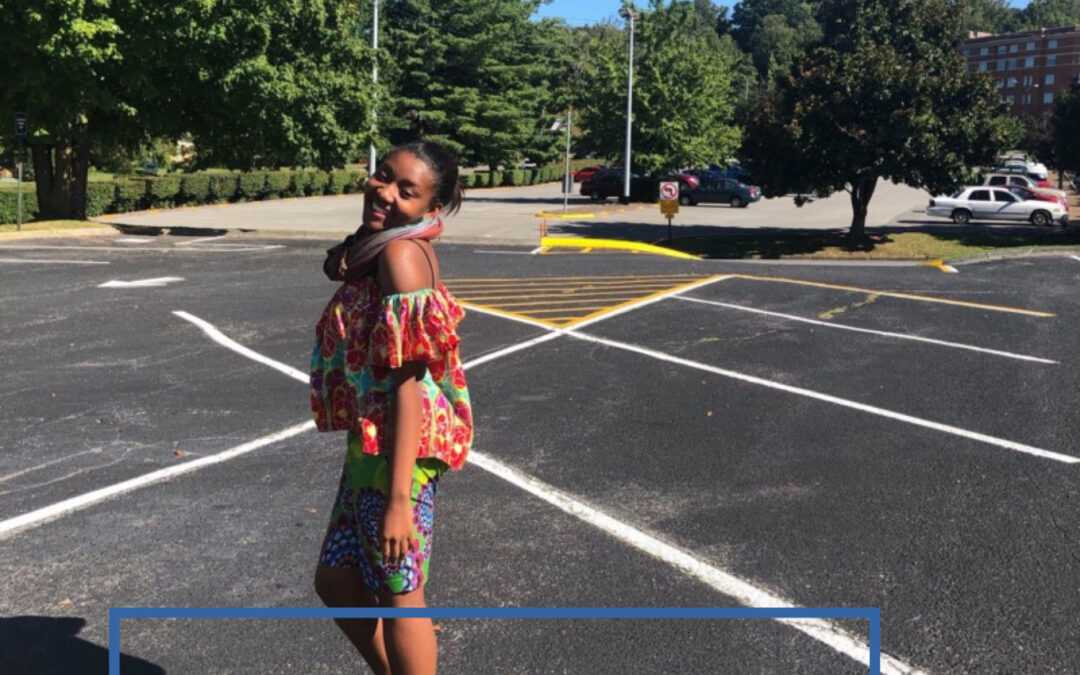Am I a feminist? What is your perception of my personality?
I have had people ask me this question and I tend to answer differently. I often reply, “I am an African woman (lol…).” I know this might make no sense to you but that is my perception of my personality.
Before going further to why this is my answer, permit me to give a brief overview of the feminism concept the way I understand it to be.
Let’s start with the definition of a feminist. Based on a general definition, a feminist is a person who seeks the equality of all gender: Male, female, intersex, gay, and lesbians. Feminism is all about equality. In other words, a woman’s anatomy does not determine her roles, actions, careers, and emotion. Neither does an individual’s gender identification determines the person’s access to opportunities. This school of thought or identity classifies everyone as equal without anyone feeling less of who they are. I strongly support this school of thought and I am an advocate of this school of thought. Feminism, if truly practiced, is about humanity. As George Orwell puts it, “All animals are equal.” Similarly, with feminism, “All humans are equal.” We are all God’s creation, and we all have to live and thrive without encumbrances, stereotypes, nor cultural perceptions that constrain our ability to grow and evolve.
So, why do I identify as an African woman? First, I would like to inform you that based on my researches and academic readings, there was nothing like the subjugation or suppression of women in the African culture prior to colonialism. The tradition of patriarchy was sold to Africa by the British while using Christianity as a vehicle (please remember that Christianity is British, and not ours) and Islam (Islam is Arab and not Nigerian). Before colonialism, African women had autonomy and at the same time tended to their families without the controversy of gender roles or who does what. With colonialism, we began to live the western imposed culture and we became bounded by the idea of female oppression as the Western women. As a result of colonial legacy, our men engaged in the oppression and suppression of women. And when the feminist movement started, we bought into the movement because we lost our identity.
Feminism and African women
The feminist movement developed from the first wave (1830s-1900s), second wave (1960s-1980s), third-wave (1990s-2000s), and now, we are in the fourth wave. These waves of feminism embody different ideologies as well as modifications. These ideologies and modifications birthed the terms liberal feminism, radical feminism, Marxist feminism, social feminism, eco-feminism (this is a contemporary thought), post-colonial feminism, cultural feminism, and many others. All these were western thoughts and movements. These brewed a lot of controversies and black and African women felt they were not included in the thoughts and movement. And this result in the emergence of black and African women’s feminist thoughts known as womanism and stiwanism.
Alice Walker introduced womanism as a black feminist thought in 1983 and Omolara Ogundipe Leslie introduced stiwanism. Alice walker’s ideal of black feminism built upon equal rights that seek solidarity with black men. Stiwanism addressed colonial and ne0-colonial structures that oppressed African women. These thoughts were created to address the challenges of women of color. This was because black feminist felt the western feminism does not address the issues that affect black and African women.
Back to the Question
Am I trying to sit on the fence by addressing myself as an African woman? No, rather I hold on to the ideal that I believe suits me and my definition of humanity. I am an African woman who seeks that women, girls, men, and boys achieve equal rights and equal opportunities. Thus, creating a society where love, care, growth, and solidarity are key ethos.
Giving these backgrounds and conceptualizations, you could deduce where the definition of my identity comes from. I, therefore, remain a member of the clan of the Moremi, Lisabi, Madame Tinubu, and Funmilayo Kuti’s.
Let me emphasize that this was one of the blessings my thesis and research chair Professor Marie Tedesco gave to me by ensuring I understand my historical antecedents. She told me one day, “don’t only use western narratives in your work. They are tangible narratives but they do not represent the African identity.” She is a historian, and I think I should not expect less.
And so, when next you ask me, “are you a feminist?” Expect the words, “I am an African woman.”
For more readings:
Maxwell Shameme, “Theoretical exposition of feminism and womanism in the African context,” Gender & Behavior
<https://www.progressivewomensleadership.com/a-brief-history-the-four-waves-of-feminism/>


African Woman Fisayo. This is my question now. If I understand very well the definition of feminism. It is not limited to gender equality alone? But human equality?
Why is it that statistically(I beg to be corrected if I’m wrong) women are the ones that populated the arena of feminism?
So women populated the arena of feminism because the movement began due to bias and oppression women experience.